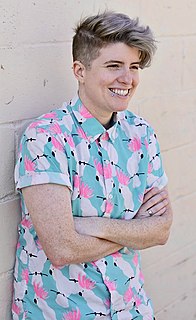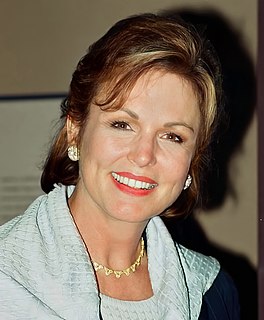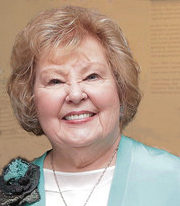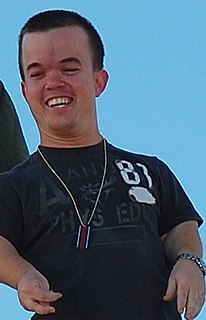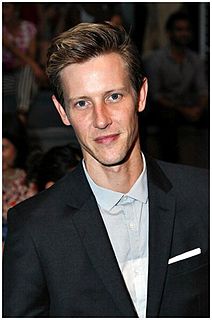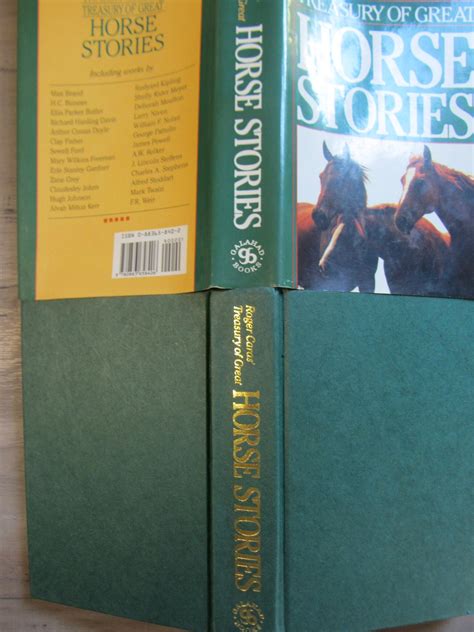A Quote by Daniel Mallory Ortberg
My history teacher could make us feel like he was imparting rare gossip to us when he was talking about Maria Theresa and the Habsburgs. I just loved that sense of - the Western canon is here, and it's gossipy and tawdry, and everyone is sort of goofy.
Related Quotes
Theresa strode over to us in a swish of cloth. "Enough of this, animator. He can't do it, so he pays the price. Either leave now, or join us at our...feast." Are you having rare Who-roast-beast?" I asked. What are you talking about?" It's from Dr. Seuss, How the Grinch Stole Christmas. You know the part, 'And they'd Feast! Feast! Feast! Feast! Feast! They would feast on Who-pudding and rare Who-roast-beast.'" You are crazy." So I've been told.
There are some concerns that are universal. Everyone wants to be loved, and everyone wants to feel like they belong somewhere in the world. Everyone wants to do something and feel like they have a sense of purpose. These are just the things that I think about and the things that make their way into my songwriting.
The Facebook algorithm designers chose to let us see what our friends are talking about. They chose to show us, in some sense, more of the same. And that is the design decision that they could have decided differently. They could have said, "We're going to show you stuff that you've probably never seen before." I think they probably optimized their algorithm to make the most amount of money, and that probably meant showing people stuff that they already sort of agreed with, or were more likely to agree with.
When I talk about the God who is with us, for us, and ahead of us, I'm talking about our facing that which most terrifies us about ourselves, embracing it and fearing it no longer, refusing to allow it to exist separate from the rest of our being, resting assured that we are loved and we belong and we are going to be just fine.
In narrative cinema, a certain terminology has already been established: 'film noir,' 'Western,' even 'Spaghetti Western.' When we say 'film noir' we know what we are talking about. But in non-narrative cinema, we are a little bit lost. So sometimes, the only way to make us understand what we are talking about is to use the term 'avant-garde.'
Prayer is sort of like an unlocked door with a giant, red-lettered sign on it that says: "Welcome. Feel Free to Take What You Need." Inside is the storehouse of all that God is. He invites us to share it all. He doesn't intend for us to stay on the outside and struggle all alone with the perplexities of life, and He not only invites us to come in, but to stay in. . . . It is an on-going process, not just an occasional religious-sounding speech we make to a nebulous divinity "out there somewhere." Prayer is meant to be a part of our lives, like breathing and thinking and talking.
Art is created to make us, to make our passage through the world better, fruitful - and I would say that every story in the end, if it is good, tells us something. This is actually what I meant when I said a novelist is a teacher. Which is why I am constantly dealing with "didactic". Now a teacher in the sense I use it is not somebody who has the profession of standing in front of children, with a piece of chalk in his hand scribbling on the blackboard. That is not the teacher I have in mind. The teacher I have in mind is something less tangible.
The personal boundaries, I think for comedians they're a little bit different anyway, but I think people - feel free to do stuff - It's interesting with comedians because when we walk on stage, oftentimes we're talking about ourselves for an hour and we're talking about very intimate details, so after hearing us for an hour, a lot of people feel very comfortable with us because they feel like they know us and they're our friends because we just told them our innermost secrets and details of our lives for an hour. What they forget is we know absolutely nothing about the audience.
The internet is watching us now. If they want to. They can see what sites you visit. In the future, television will be watching us, and customizing itself to what it knows about us. The thrilling thing is, that will make us feel we're part of the medium. The scary thing is, we'll lose our right to privacy. An ad will appear in the air around us, talking directly to us.
Cats make one of the most satisfying sounds in the world: they purr. [...] Almost all cats make us feel good about ourselves because they let us know they feel good about us, about themselves, and about our relationship with them. A purring cat is a form of high praise, like a gold star on a test paper. It is a reinforcement of soemthing we would all like to believe about ourselves -- that we are nice.
